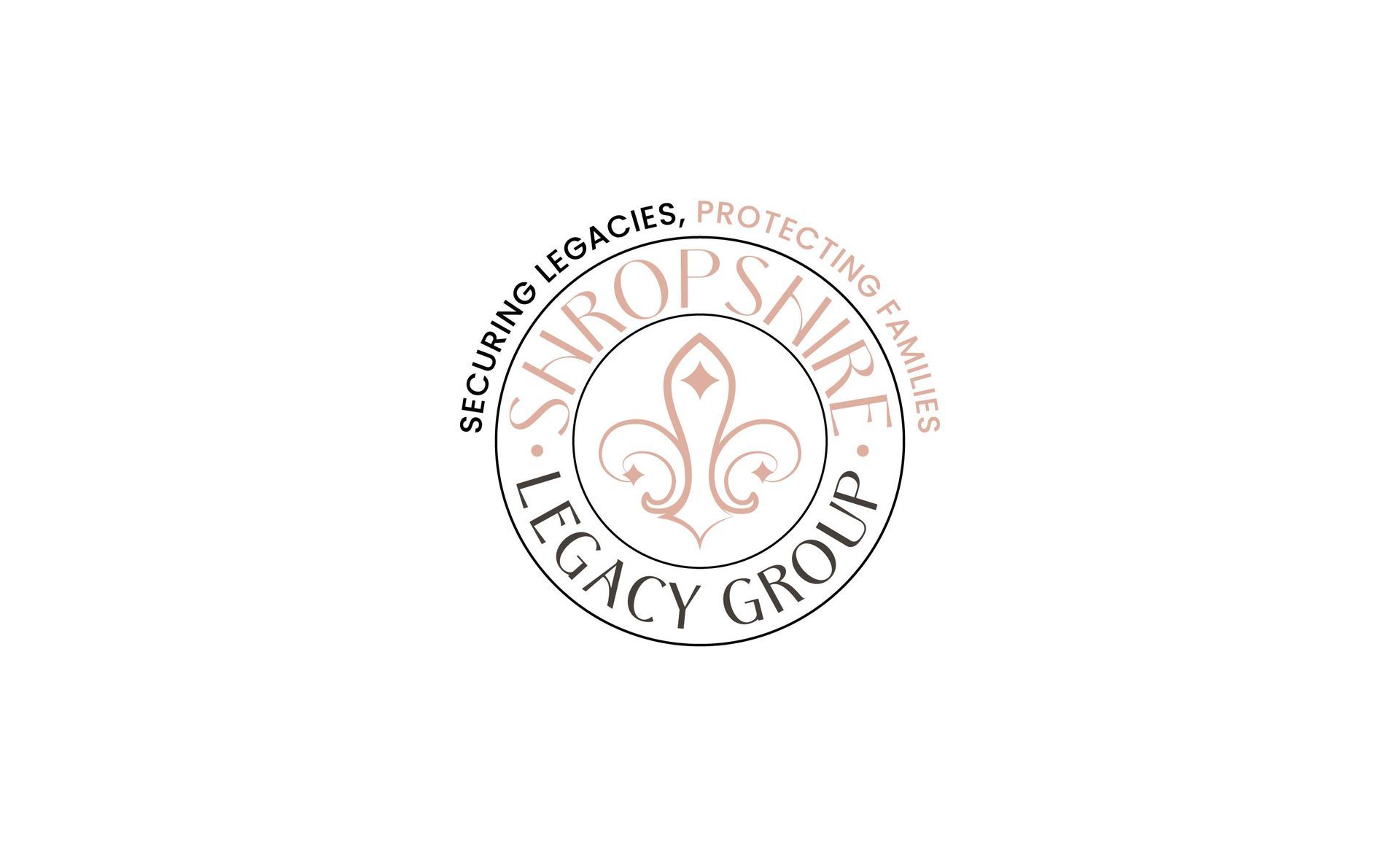Blogs

By Desire Shropshire
•
February 6, 2025
Estate planning is often overlooked, but failing to prepare can lead to devastating financial consequences. A prime example is the case of James Gandolfini, the legendary actor from The Sopranos. When he passed away in 2013, his estate was valued at $70 million. However, due to poor planning, his heirs lost over $30 million to estate taxes—nearly half of his fortune. Gandolfini’s mistake was relying solely on a will, which subjected his assets to public probate and high taxation. Had he established a trust, his estate could have avoided probate, minimized tax liabilities, and ensured a smooth transition of wealth to his beneficiaries. Instead, his family was forced to liquidate assets to cover estate taxes, losing a significant portion of the wealth he worked so hard to build. This scenario is not unique to celebrities. Many families make the same mistake, assuming estate planning is only for the ultra-wealthy. The reality is that anyone with assets—whether it’s a home, a business, or savings—should have an estate plan in place. A properly structured plan can protect your assets, ensure your loved ones are taken care of, and prevent unnecessary legal battles. At Shropshire Legacy Group, we specialize in helping individuals, families, and business owners safeguard their wealth through customized estate planning strategies. Whether it’s setting up a trust, designating beneficiaries correctly, or ensuring your business succession plan is in place, taking these steps today can save your heirs from financial hardship in the future. Estate planning is about more than just passing down wealth—it’s about preserving a legacy. Don’t leave your loved ones unprotected or burdened with unnecessary financial stress. Contact us today to learn how you can take control of your estate and secure your family’s future. Visit www.shropshirelegacygroup.com to start planning today.

By Desire Shropshire
•
October 16, 2024
Effective estate planning involves more than just legal documents—it requires open communication and shared understanding among family members. Navigating discussions about inheritance, financial decisions, and end-of-life wishes can be challenging, but with the right communication strategies, these conversations can become constructive and meaningful. Let’s explore key techniques that can facilitate productive discussions among family members about estate planning. Setting the Stage: Establishing a Supportive Environment Creating a supportive atmosphere is essential for productive estate planning discussions. Choose a time and place where everyone feels comfortable and free from distractions. Emphasize the importance of mutual respect and listening attentively to each person's perspective. Starting with empathy and understanding sets a positive tone for the conversation. Transparency and Clarity: Sharing Information Effectively Transparency is crucial in estate planning discussions. Ensure that all relevant information, including financial assets, liabilities, and personal wishes, is shared openly. Avoiding secrecy or ambiguity helps to build trust and allows family members to make informed decisions collectively. Clarity in communication prevents misunderstandings and promotes alignment on shared goals. Facilitating Active Listening: Valuing Each Voice Active listening is a cornerstone of effective communication. Encourage family members to express their thoughts and concerns without interruption. Practice reflective listening by summarizing key points and validating emotions. When individuals feel heard and understood, they are more likely to engage constructively in the planning process and contribute meaningfully to decisions. Addressing Emotions with Sensitivity Estate planning discussions can evoke strong emotions, including fear, resentment, or anxiety about the future. Acknowledge and validate these feelings with sensitivity. Create a space where individuals feel safe to express their concerns without judgment. Emphasize the shared goal of preserving family harmony and honoring the wishes of all involved. Seeking Professional Guidance: Mediating Complex Discussions Sometimes, complex family dynamics or legal considerations may require the expertise of a neutral mediator or estate planning professional. A mediator can facilitate discussions impartially, ensuring that all perspectives are heard and guiding the family towards consensus. Their objective guidance can help navigate sensitive topics and resolve conflicts constructively. Documenting Agreements: Formalizing Shared Understanding After productive discussions, document agreements and decisions in writing. This ensures clarity and prevents misunderstandings in the future. Review legal documents, such as wills, trusts, and powers of attorney, together as a family to confirm alignment with discussed intentions. Regularly revisit and update these documents as circumstances change. Celebrating Shared Values and Legacies Finally, estate planning is an opportunity to celebrate shared values and legacies within the family. Encourage discussions about philanthropic goals, educational aspirations, or traditions that define your family's identity. Emphasize the importance of leaving a meaningful legacy beyond material wealth, fostering unity and continuity across generations. Conclusion: Building Bridges Through Communication In conclusion, effective communication is the cornerstone of successful family estate planning. By fostering an environment of transparency, active listening, and empathy, families can navigate complex decisions with clarity and unity. Each conversation is an opportunity to strengthen familial bonds and ensure that everyone's wishes are respected. As you embark on this journey, remember that open communication lays the foundation for a legacy that reflects your values and honors your loved ones. We invite you to explore these communication strategies further and discover how they can enhance your family's estate planning process. Stay tuned for more insights and practical tips as we continue to explore the importance of effective communication in securing your family's future.
Our Mission
We are dedicated to empowering individuals, families, and small businesses to achieve financial independence and build lasting legacies. Through tailored life insurance solutions, expert retirement planning, and comprehensive estate strategies, we guide our clients in securing their financial future.
Location
2301 S. McDowell St.
Suite 125
Charlotte, NC 28204
Contact Us
(800) 674-3182
info@shropshirelegacygroup.com



